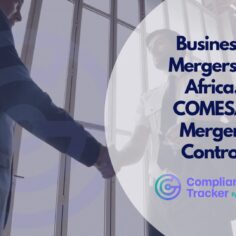
The Central Bank of Nigeria’s (CBN) decision to impose a 0.5 percent cybersecurity levy on most electronic transactions has sparked a wave of criticism from several prominent organizations and financial experts, questioning the appropriateness and timing of the new charge. Among the critics are the Socio-Economic Rights and Accountability Project (SERAP), the Nigerian Labour Congress (NLC), and the Nigerian Association of Chambers of Commerce, Industry, Mines, and Agriculture (NACCIMA), all of whom have expressed significant concerns over the levy’s impact on an economically strained populace.
Implemented as a safeguard against cybercrime, the levy, according to the CBN, is a response to the growing threat within the financial sector. However, the move has been met with skepticism and outright disapproval from various quarters. Stakeholders such as NLC President Joe Ajaero, NACCIMA National President Mr. Dele Kelvin Oye, and noted financial analysts including Bismarck Rewane and Dr. Muda Yusuf, have publicly condemned the levy, citing it as an unnecessary burden on both individuals and businesses already navigating economic hardships.
In an assertive stance against the federal government, SERAP has threatened to initiate legal proceedings unless the levy is withdrawn within a 48-hour window, underscoring the widespread discontent this policy has ignited. While the CBN anchors its directive on the Cybercrime (Prohibition, Prevention, etc.) (amendment) Act 2024, critics argue that the levy could deter digital transactions, exacerbate financial exclusion, and deepen the economic woes of Nigerians.
This unfolding controversy highlights a critical debate over the balance between enhancing cybersecurity measures and ensuring the economic well-being of citizens, with calls for the government to reevaluate policies that may inadvertently place additional financial strains on its populace.
To stay ahead in navigating the complexities of regulatory changes and ensuring your business remains compliant, subscribe to Compliance Tracker. By subscribing Compliance Tracker, you’ll gain first-hand access to the most current updates on new regulations and changes across Africa. Don’t let regulatory changes catch you off guard. Subscribe here to Compliance Tracker today and be the first to know, ensuring your business operations remain smooth and compliant.
Last modified: May 8, 2024


